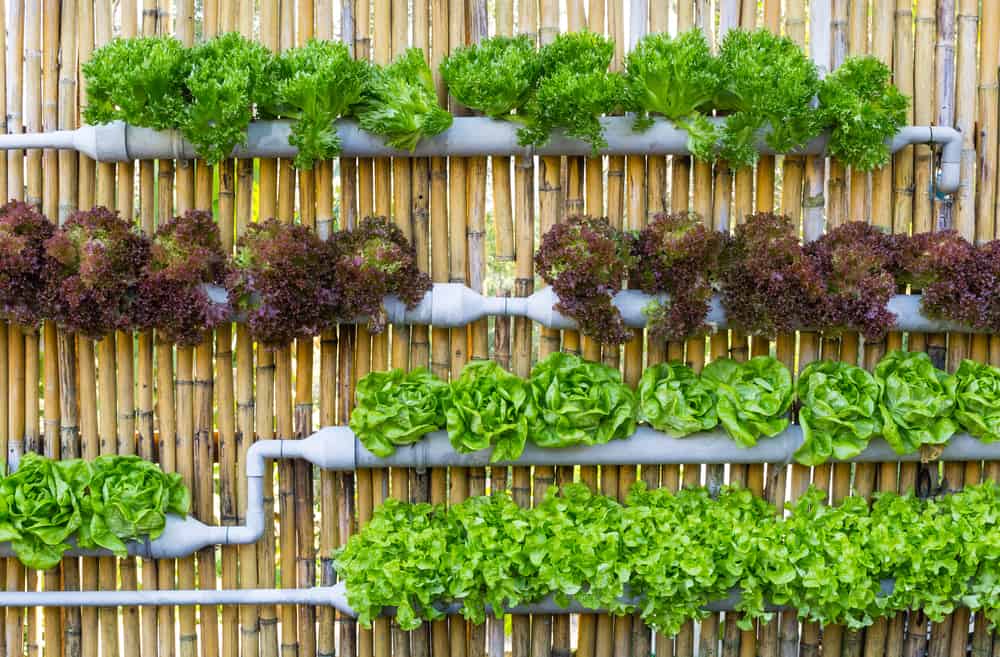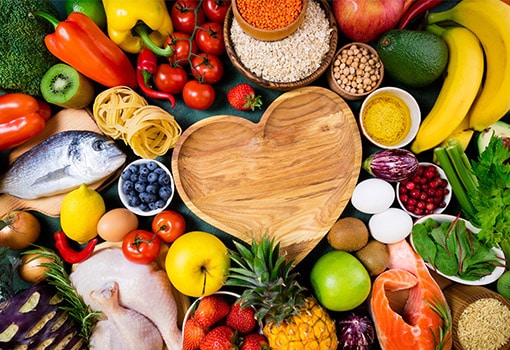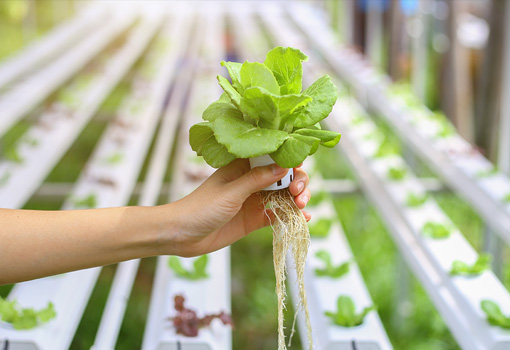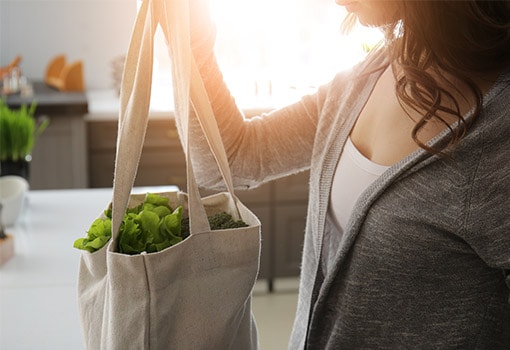Hydroponics is the art and science of growing plants in water without soil. This farming method is becoming popular because of the many benefits it offers versus traditional farming.
what is hydroponics?
Since hydroponic farming does not use soil, there’s no need for toxic chemical fertilizers and pesticides. And, because hydroponic plants grow in a greenhouse, land conservation is a key benefit. Greenhouse growing happens year-round, plants can be grown year-round and the land is conserved. An added benefit? Hydroponic farming systems run on recycled water, so they cut down water use significantly. In addition, it’s constantly infused with rich nutrient solutions to encourage healthy plant growth.
a healthy solution for underserved communities
You may have heard about “food deserts.” People use this term to describe neighborhoods that don’t have easy access to fresh fruit and vegetables. Oftentimes, the best available food sources are corner convenience stores, bodegas, or fast-food chains. This can make it harder to find healthy food and eat a nutritious diet.
Urban farms, especially hydroponic ones, can help fill the gap. Since hydroponic vegetables are grown indoors, oftentimes in a greenhouse, locations can be more varied. Hydroponic farms can be located in city centers. This can be in old warehouses or even vacant land lots in underdeveloped neighborhoods. Plus, hydroponic farms can even grow vertically, which saves space in crowded cities.
what are the benefits?
There are a lot! Fresh, locally grown produce can be available every day of the year. It enables communities to become their own farmers, creating jobs and educating citizens about nutritious and healthy eating.
For example, in Detroit, the Ford Motor Company has partnered with a non-profit organization, Cass Community Social Services. Ford funds a mobile hydroponic shipping container farm, which will help the organization feed the community throughout the year. In doing so, it also teaches children about healthy eating and how to grow vegetables in a garden.
Source: Green Matters













